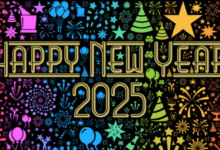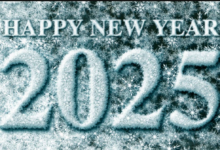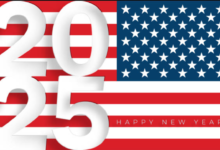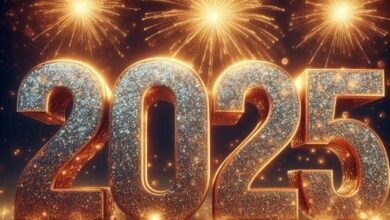When Does Chinese New Year Start and End?
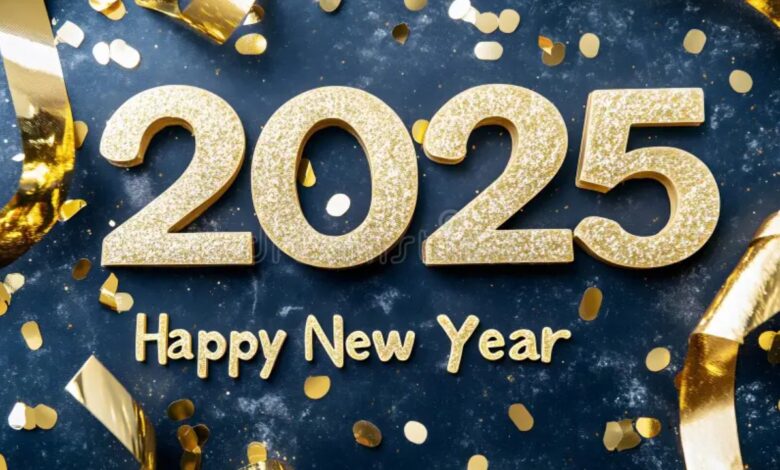
When Does Chinese New Year Start and End?
Chinese New Year, also known as the Spring Festival, is one of the most important and widely celebrated holidays in Chinese culture. Unlike the Western New Year, which is based on the Gregorian calendar, the Chinese New Year follows the lunar calendar, making its date vary each year. This festive period is marked by grand celebrations, family gatherings, and cultural traditions that last several days.

In this blog post, we’ll answer the questions about when Chinese New Year starts and ends, its duration, and its significance for 2025.
How Long Is Chinese New Year?
Chinese New Year celebrations typically last for 15 days, beginning on the eve of the new moon and culminating with the Lantern Festival. While the official public holiday in China is usually 7 days, the traditional festivities extend well beyond that.

Breakdown of the 15 Days
- New Year’s Eve (除夕 Chúxī): Families gather for a reunion dinner and stay up late to welcome the New Year.
- New Year’s Day (正月初一 Zhēngyuè Chūyī): The first day is dedicated to welcoming the gods and ancestors.
- Second Day (正月初二 Zhēngyuè Chū’èr): Married daughters visit their parents, and relatives exchange New Year greetings.
- Fifth Day (正月初五 Zhēngyuè Chūwǔ): Known as the “Breaking Five,” it marks the end of initial celebrations, and businesses may reopen.
- Lantern Festival (元宵节 Yuánxiāo Jié): On the 15th day, lantern displays and dragon dances light up the night, concluding the New Year festivities.

How Long Is Chinese New Year 2025?
In 2025, the Chinese New Year will start on February 8 8th, and end with the Lantern Festival on Saturday, February 22.
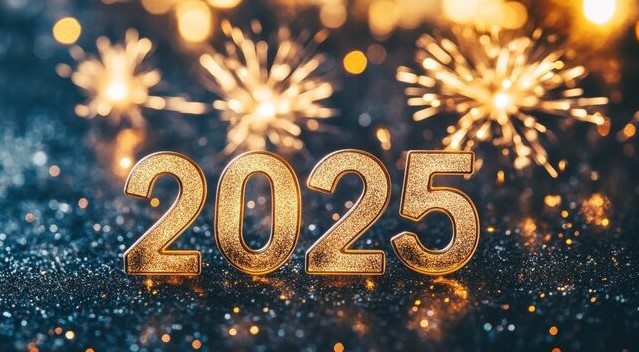
Key Dates for 2025
- New Year’s Eve: February 7, 2025
- New Year’s Day: February 8, 2025
- Lantern Festival: February 22, 2025
While the official holiday period in China is from February 8th to February 14, many people begin preparations weeks in advance and continue celebrating informally until the Lantern Festival.
When Is Chinese New Year Celebrated?
Chinese New Year is based on the lunar calendar, which calculates months according to the moon’s cycles. It usually falls between January 21 and February 20, depending on the lunar calendar’s alignment with the Gregorian calendar.

Preparation Period
Celebrations for Chinese New Year don’t just begin on New Year’s Eve. The weeks leading up to it involve various rituals and preparations:

- Cleaning the House: Sweeping away bad luck and making space for good fortune.
- Decorating: Homes are adorned with red lanterns, couplets, and paper cuttings.
- Buying New Clothes: New red attire symbolizes a fresh start and good luck.
Cultural and Regional Variations
While the core traditions are similar across China, regional customs and specific dates for certain rituals may vary. For example:
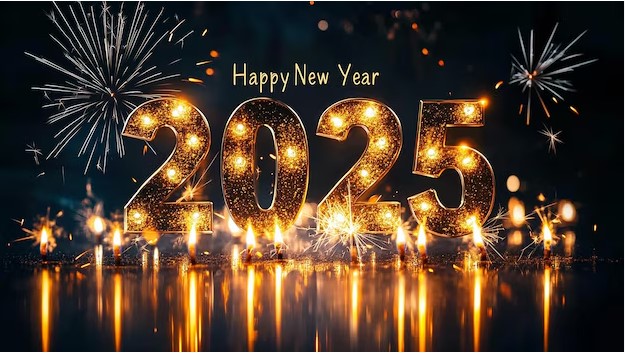
- In northern China, dumplings are a staple for New Year’s Eve.
- In southern regions, sticky rice cakes (年糕 Niángāo) are more common.
Chinese New Year 2025
2025 marks the Year of the Snake in the Chinese zodiac. People born in the Year of the Snake are said to be intelligent, resourceful, and intuitive.
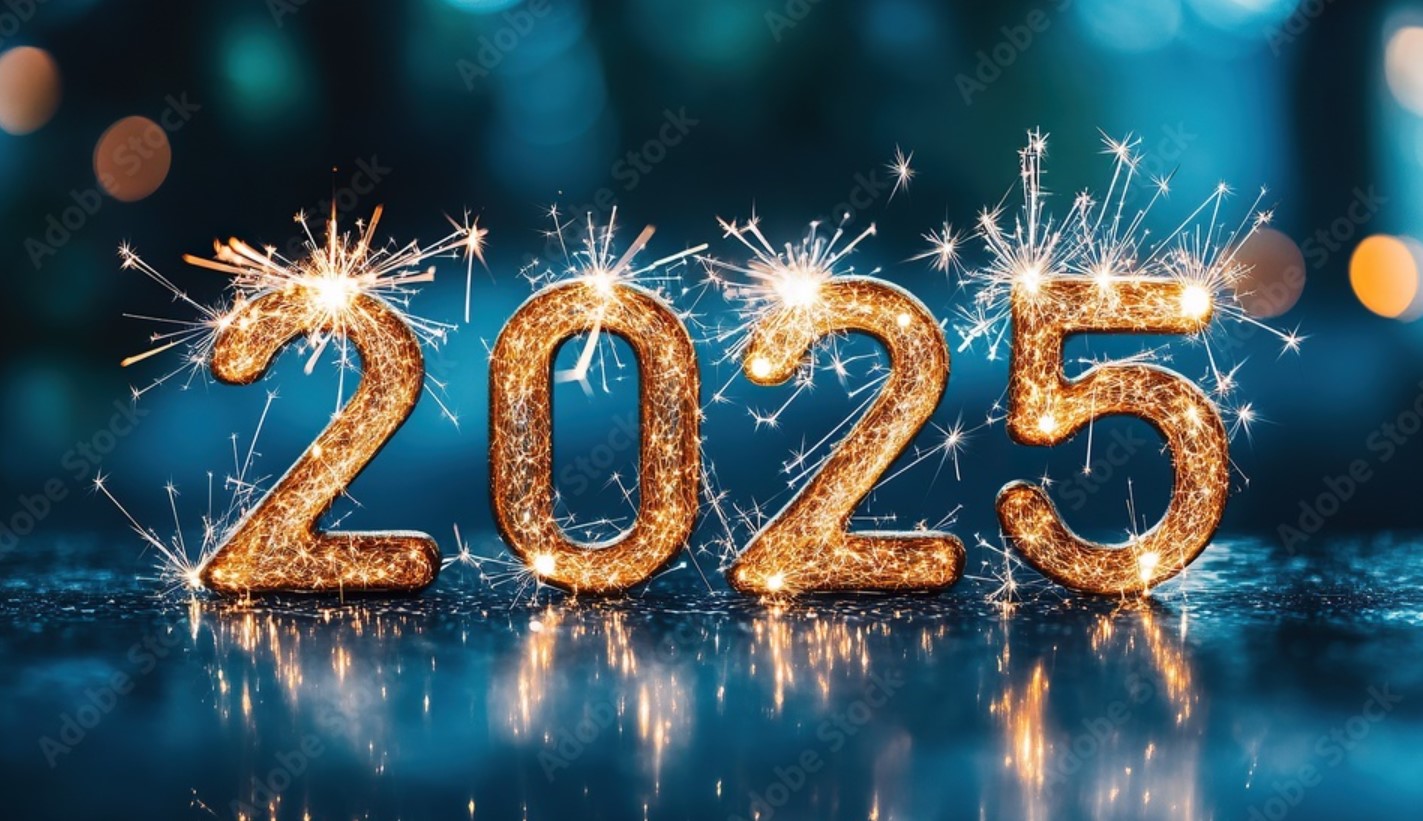
Themes for the Year of the Snake
- Fortune: Snakes are associated with wisdom and financial acumen.
- Challenges and Growth: Snakes are known for their adaptability, making 2025 a year to embrace change and overcome obstacles.
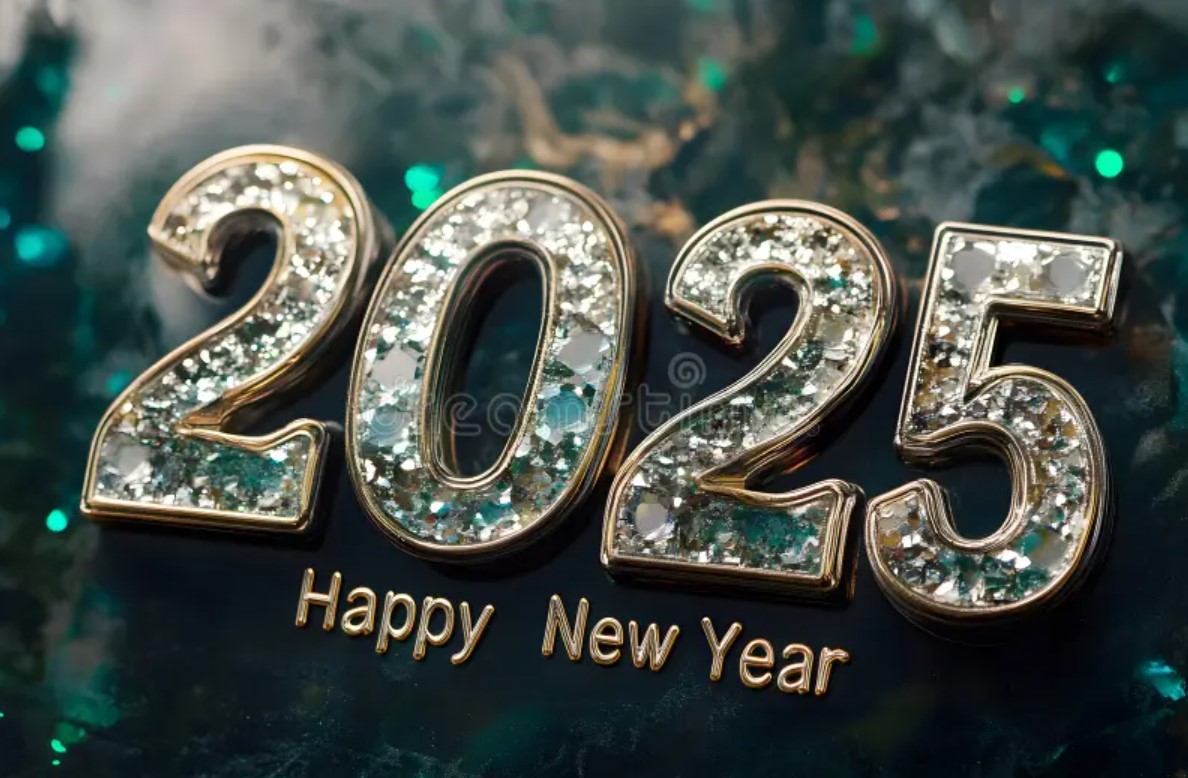
Significance of the New Year in 2025
The Year of the Snake is auspicious for new beginnings and personal growth. Traditional Chinese New Year activities for 2025 will likely include:
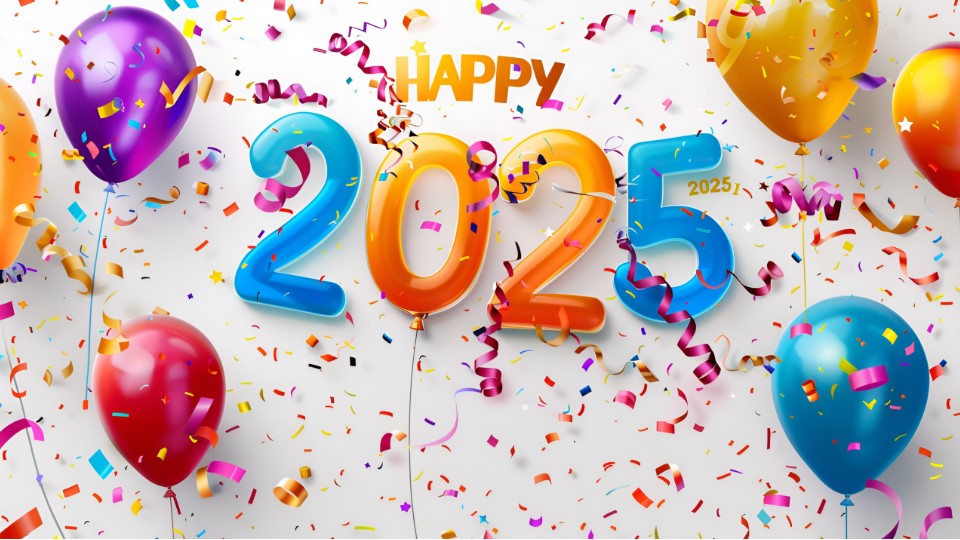
- Giving Red Envelopes (红包 Hóngbāo): Elders give these envelopes filled with money to children and unmarried adults for good luck.
- Dragon and Lion Dances: Performances symbolize prosperity and drive away evil spirits.
- Fireworks and Firecrackers: Loud noises are believed to ward off bad luck.
Why Does Chinese New Year Matter?
Chinese New Year is more than just a holiday—it’s a time for family, tradition, and renewal. Its significance lies in the following:
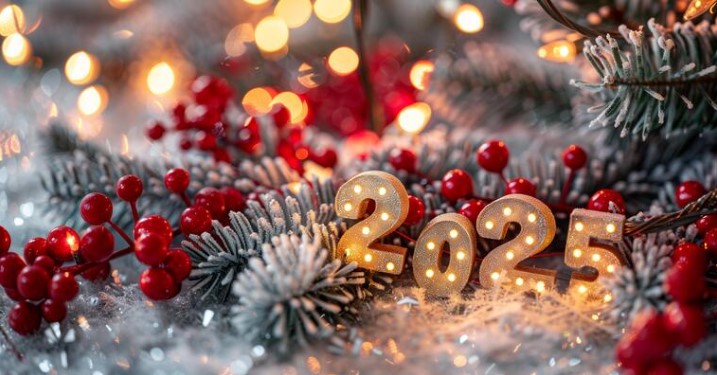
- Family Reunions: It’s the most significant human migration, with millions travelling home to celebrate with loved ones.
- Cultural Heritage: The festival showcases rich traditions passed down for generations.
- Symbolism: Every custom, from food to decorations, is deeply symbolic, representing good fortune, health, and happiness.
Conclusion
Chinese New Year is a vibrant and meaningful celebration that starts on the eve of the new moon and lasts until the Lantern Festival, spanning 15 days of joy, family bonding, and cultural traditions. In 2025, it begins on February 8, marking the Year of the Snake, and will conclude with the Lantern Festival on February 22.
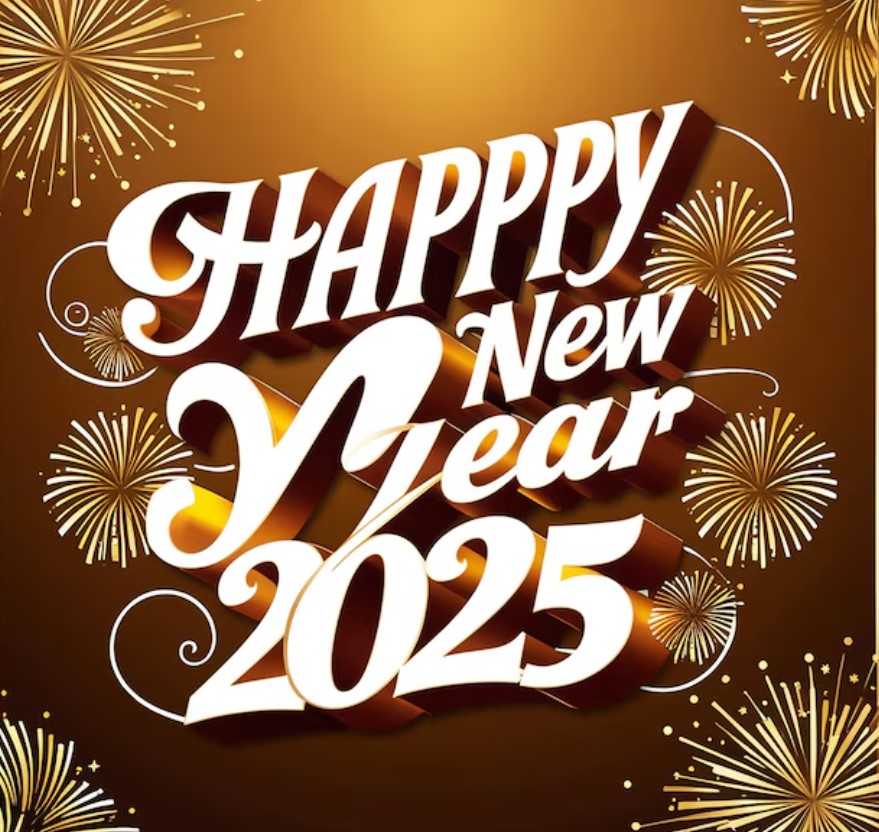
Whether you’re celebrating in China, elsewhere in Asia, or with Chinese communities worldwide, this festival offers a chance to reflect on the past year and look forward to a prosperous future. Mark your calendars and prepare to embrace the excitement of Chinese New Year 2025!
Wishing everyone 新年快乐 (Xīnnián Kuàilè) and a successful Year of the Snake! 🐍🎉

